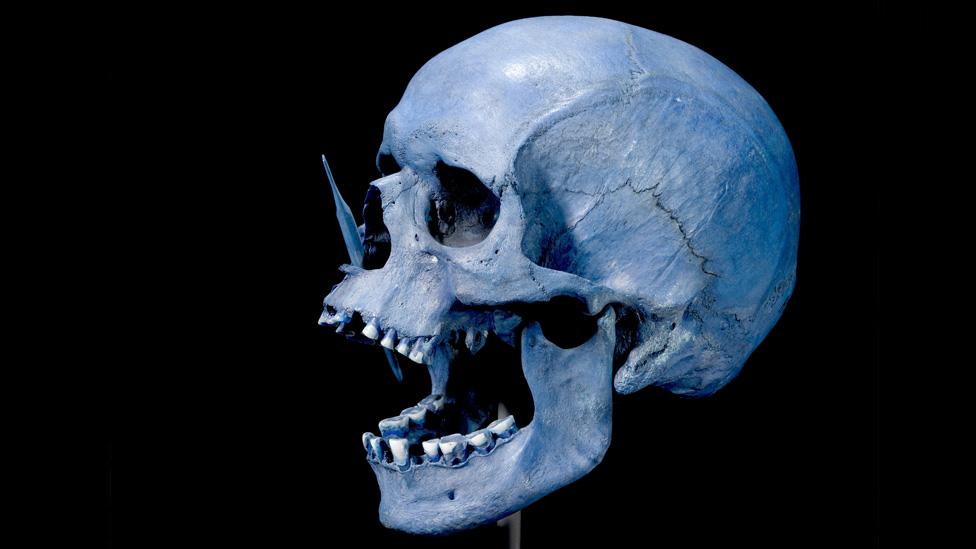Iron Age infant with Down's syndrome identified using new DNA testing
- Published
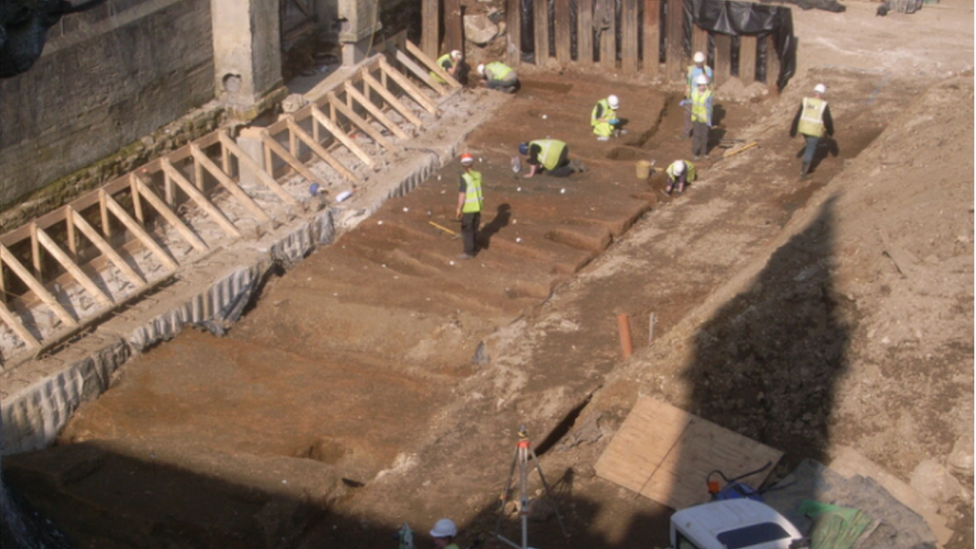
The prehistoric bones date back as far as 2,500 years - pictured is a dig at Magdalene College at Oxford University
An infant with Down's syndrome dating from the Iron Age has been discovered with a new method of DNA testing.
The technique measures the amount of chromosomes in ancient human cells "more precisely", said researchers.
They have also identified the first prehistoric person with mosaic Turner syndrome, from about 2,500 years ago.
The research was carried out by the University of York, the Francis Crick Institute, the University of Oxford and Oxford Archaeology.
Down's syndrome, mosaic Turner syndrome and other conditions the researchers identified all stem from chromosomal abnormalities.
Most cells in the human body have 23 pairs of chromosomes and the conditions occur when a person's cells have an extra or missing chromosome.
Professor Ian Armit, from the University of York's Department of Archaeology, said: "Ancient DNA samples decay over time and can often become contaminated.
"A new technique was needed to help researchers overcome these challenges so that we could see just how far back we can trace these conditions, and we now know that they have been part of human history for a considerable period of time - more than 2,000 years in some cases."
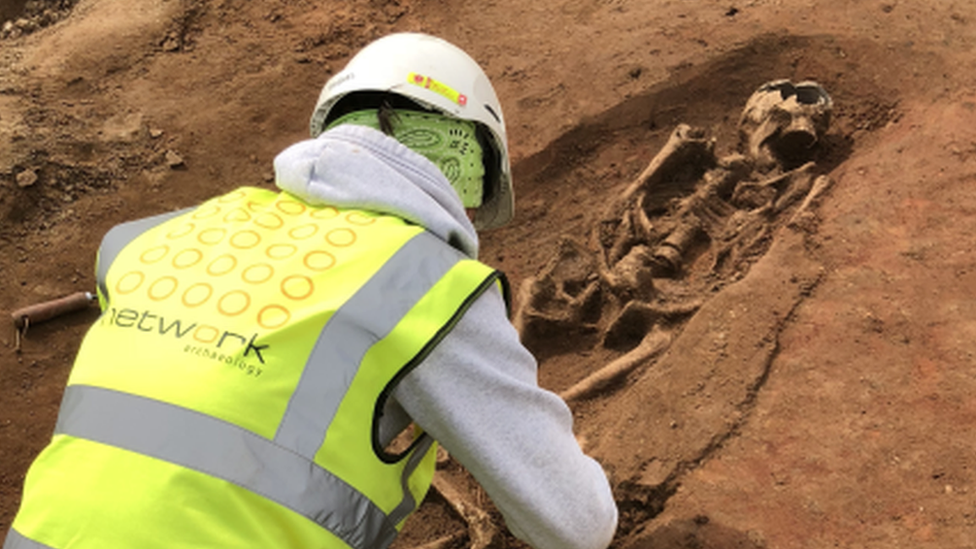
Other discoveries include an individual with mosaic Turner syndrome
The individuals tested with the new technology lived across a range of time periods, from the Iron Age 2,500 years ago up to the Post-Medieval period, about 250 years ago.
Klinefelter, Jacob's and mosaic Turner syndromes all involve abnormalities with sex chromosomes and the researchers found that the individuals with these conditions had delayed puberty.
All were buried according to their society's customs although no possessions were found with them, the experts said.
Pontus Skoglund, group leader of the Ancient Genomics Laboratory at the Crick, said: "Our method is able to classify DNA contamination in many cases, and can help to analyse incomplete ancient DNA, so it could be applied to archaeological remains which have been difficult to analyse.
"Combining this data with burial context and possessions can allow for a historical perspective of how sex, gender and diversity were perceived in past societies."

Follow BBC Yorkshire on Facebook, external, X (formerly Twitter), external and Instagram, external. Send your story ideas to yorkslincs.news@bbc.co.uk, external.
- Published11 January 2024
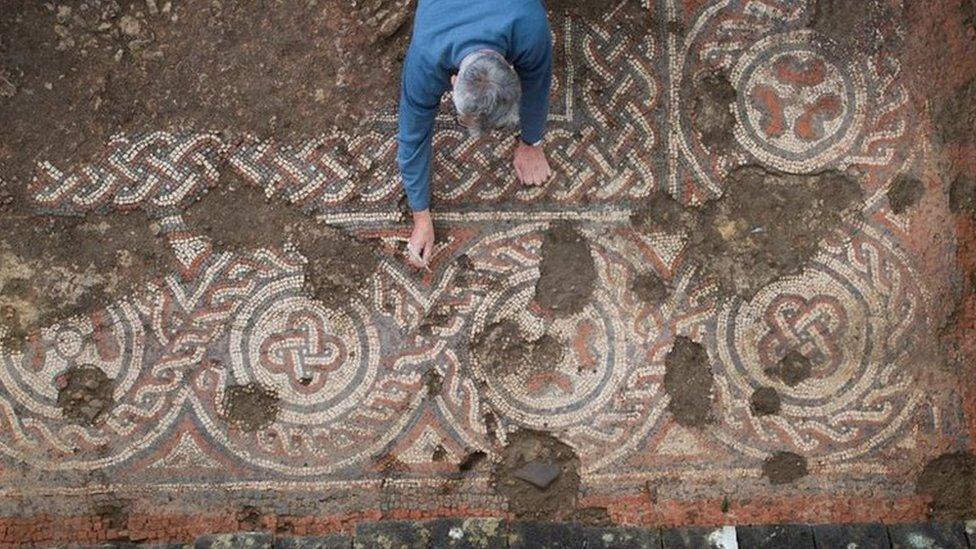
- Published11 January 2024
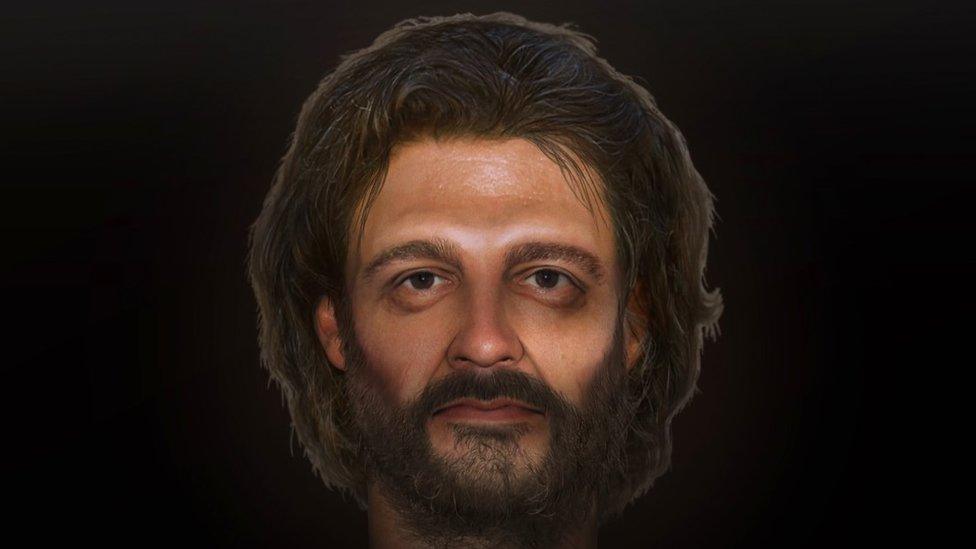
- Published10 January 2024
